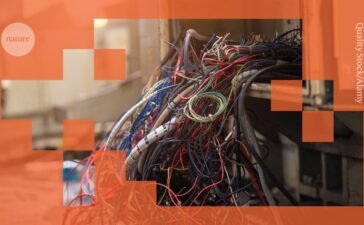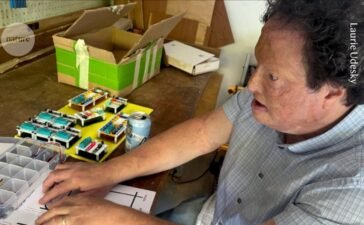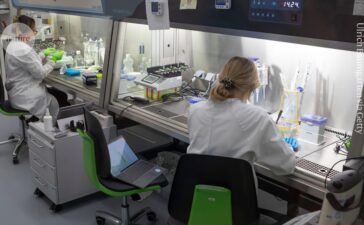Georgia Digital News > Blog > Nature > Could machine learning help to build a unified theory of cognition?
Cognitive scientists aim to understand minds as computational systems. Although numerous theories of human and animal cognition exist, they are often confined to particular aspects of cognition (domains) and ‘levels’ of analysis. For example, there are theories of natural language at the abstract, algebraic level; theories of learning at the level of algorithms; and theories of brain plasticity at the level of neurobiology. This separation means that they struggle to provide a holistic picture of how the mind works. Integrating cognitive theories ‘horizontally’ across domains1 and ‘vertically’ across levels2 remains a major challenge. This challenge echoes wider scientific debates about whether descriptions of a system’s behaviour at one level can be traced back to descriptions of the system’s components at lower levels, and about the unification of diverse theories. Writing in Nature, Binz et al.3 and Ji-An et al.4 use machine-learning models based on artificial neural networks to develop such integrative theories of mind.
GerogiaDigitalNews.com
the authorGerogiaDigitalNews.com
All posts byGerogiaDigitalNews.com
You Might Also Like
How AI slop is causing a crisis in computer science
AI slop is flooding computer science journals and conferences.Credit: Quality Stock/AlamyFifty-four seconds. That’s how long it took Raphael Wimmer to...
The ‘astounding’ rise of semaglutide — and what’s next for weight-loss drugs
First established as a treatment for diabetes, semaglutide’s popularity as a weight-loss drug has opened the door to new therapies.Credit:...
My mission to make life more user friendly for the disability community
Josh Miele explains the nuances of a tactile map of a Bay Area Rapid Transit station.Credit: Laurie UdeskyWorking scientist profilesThis...
US grant applicants surge at prestigious European research agency
Money could become harder to come by for European scientists if the overall European Research Council pot does not dramatically...










